Smart Tips About How To Check Kidneys

As well as common kidney infections, diabetes, high cholesterol, high blood pressure, and kidney inflammation are just some of the factors that can affect your kidney’s health.
How to check kidneys. One of the earliest signs of kidney disease is when protein leaks into your urine (called proteinuria). Doctors will often order tests that could be variously worded like basic metabolic panel (bmp), chem 7, renal function panel, gfr, etc. The blood test is called the glomerular filtration rate.
Kidney function tests measure how efficiently your kidneys are working. It is used to detect the presence of protein and blood cells (rbcs and wbcs) in the urine. In addition to signaling kidney disease, blood in the urine can be indicative of tumors, kidney stones or an infection.
This requires a urine test and a blood test. This is known as your gfr (glomerular filtration rate). It measures how much blood your kidneys filter each minute.
A kidney biopsy is done to: Here are some ways to check and keep track of your kidney. Everything you need to know urine tests.
This is the most common, and usually the most reliable method. Find out why a transplanted kidney isn’t working well. Find kidney disease when there is blood or protein in the urine or when the kidneys are not working well.
Two simple tests can help determine your kidney function: The following tests are used to diagnose kidney diseases: Most of these tests check how well your kidneys clear waste from your system.
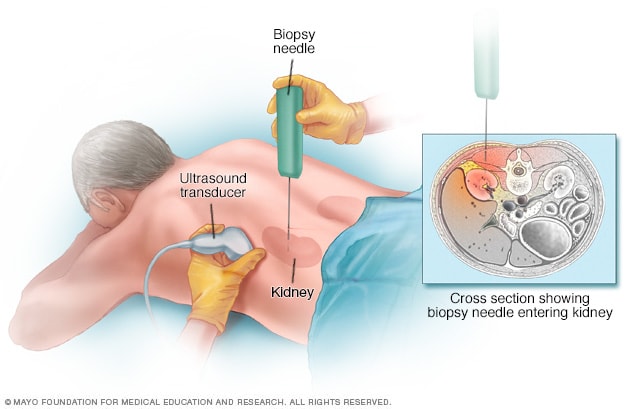

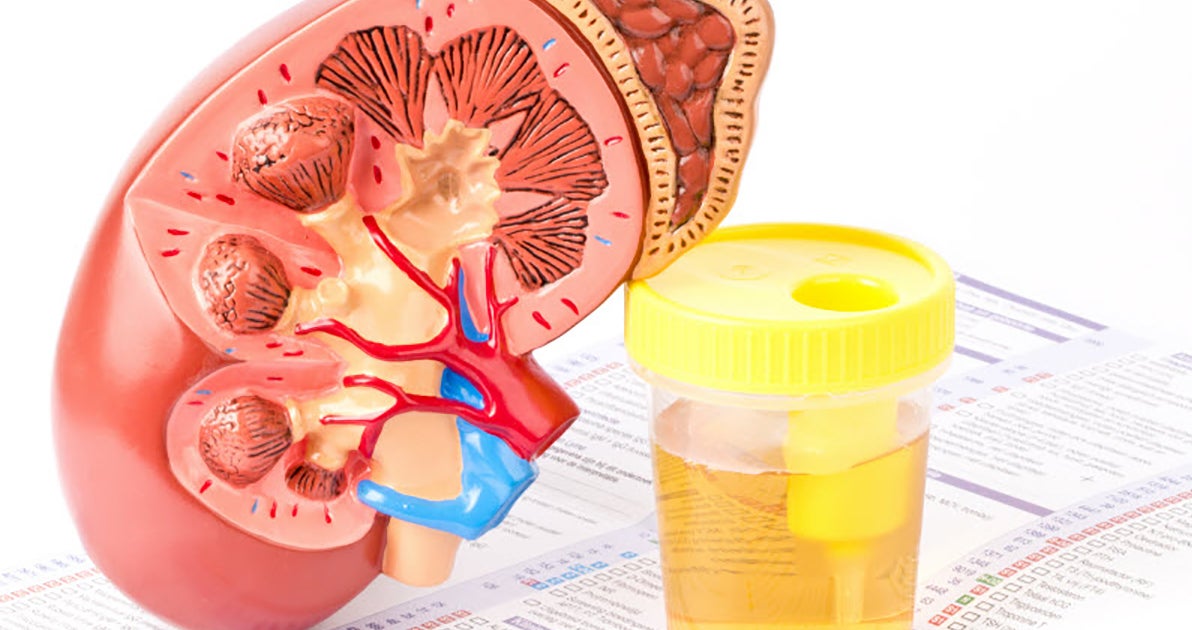
:max_bytes(150000):strip_icc()/kidney-disease-diagnosis-5b2d5a33ff1b780037ad002f.png)
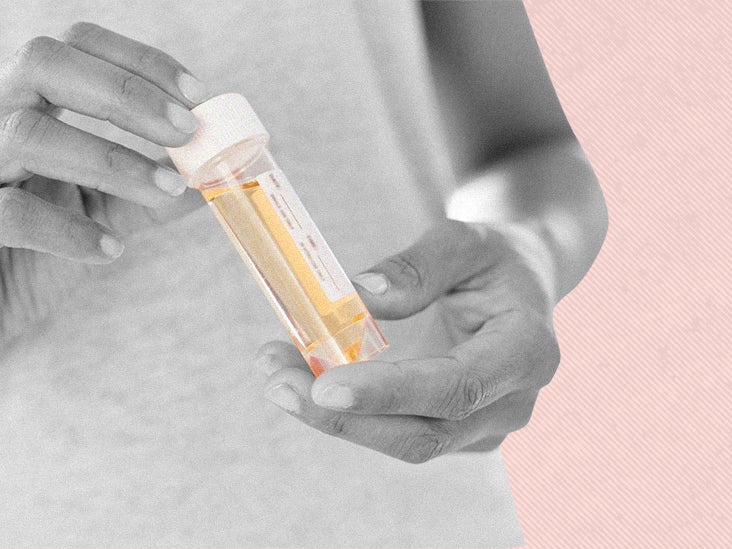

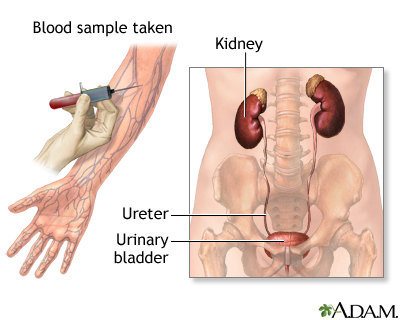



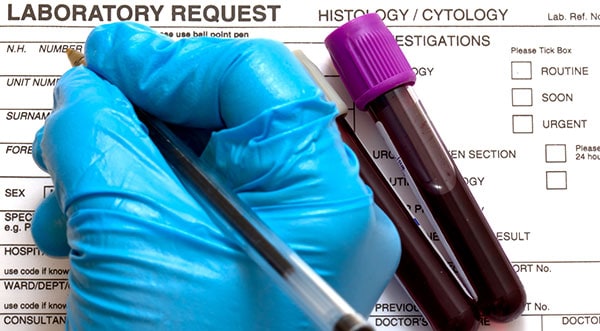
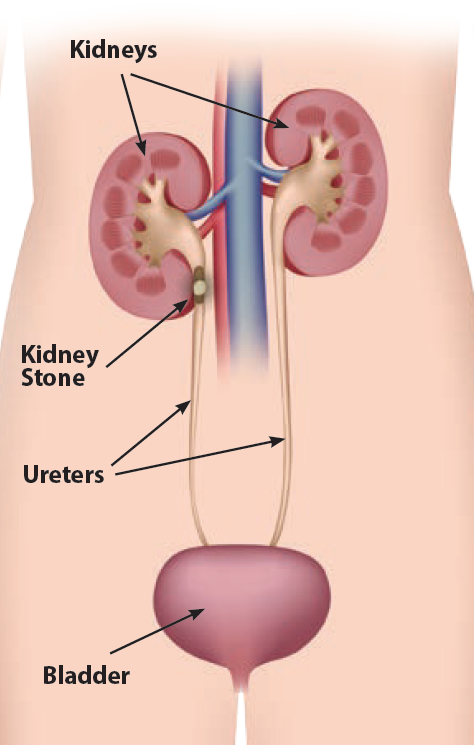






/how-kidney-failure-is-diagnosed-5213089_FINAL-a62f4ed5cdb1409cb46a425c05aeff16.jpg)